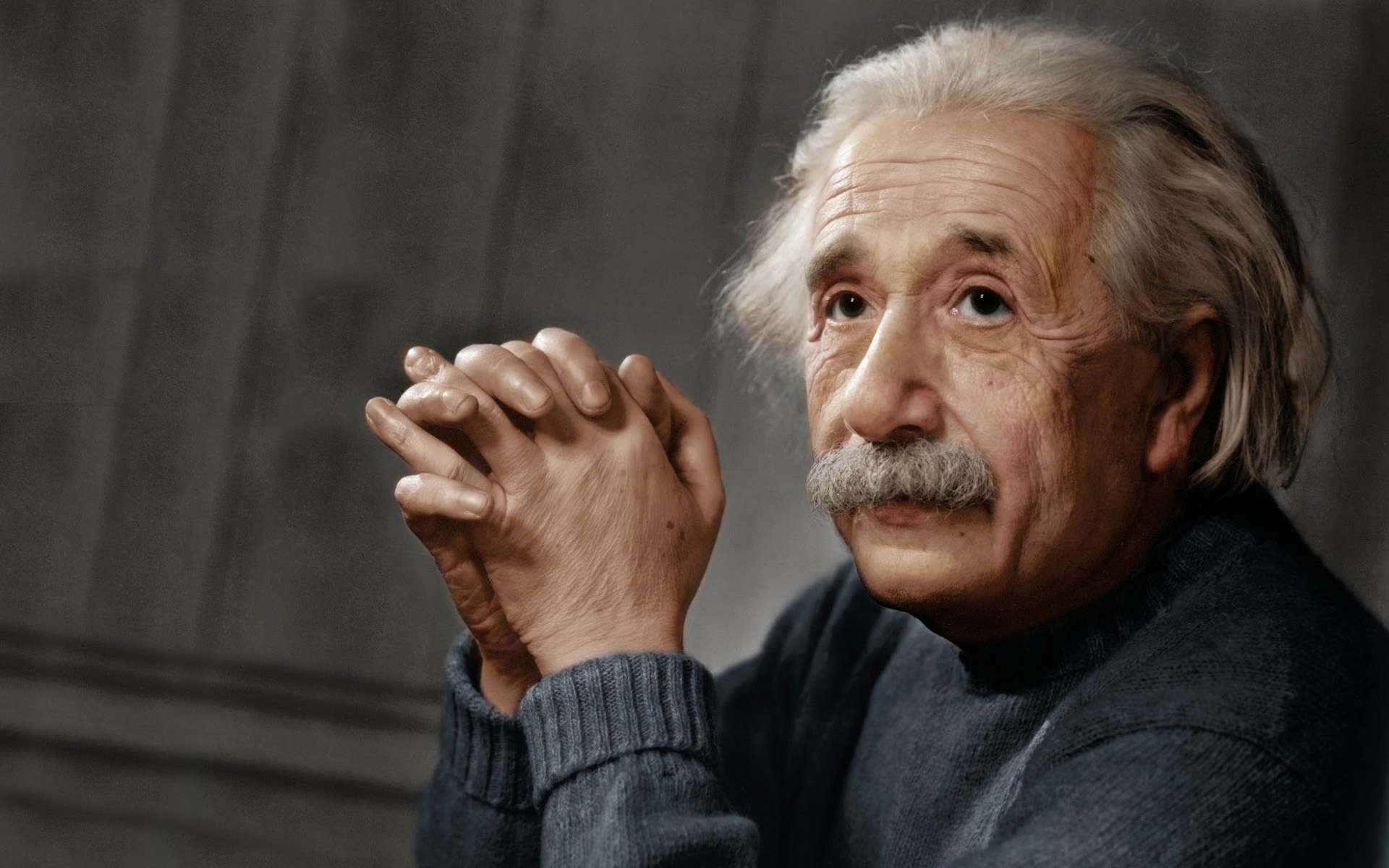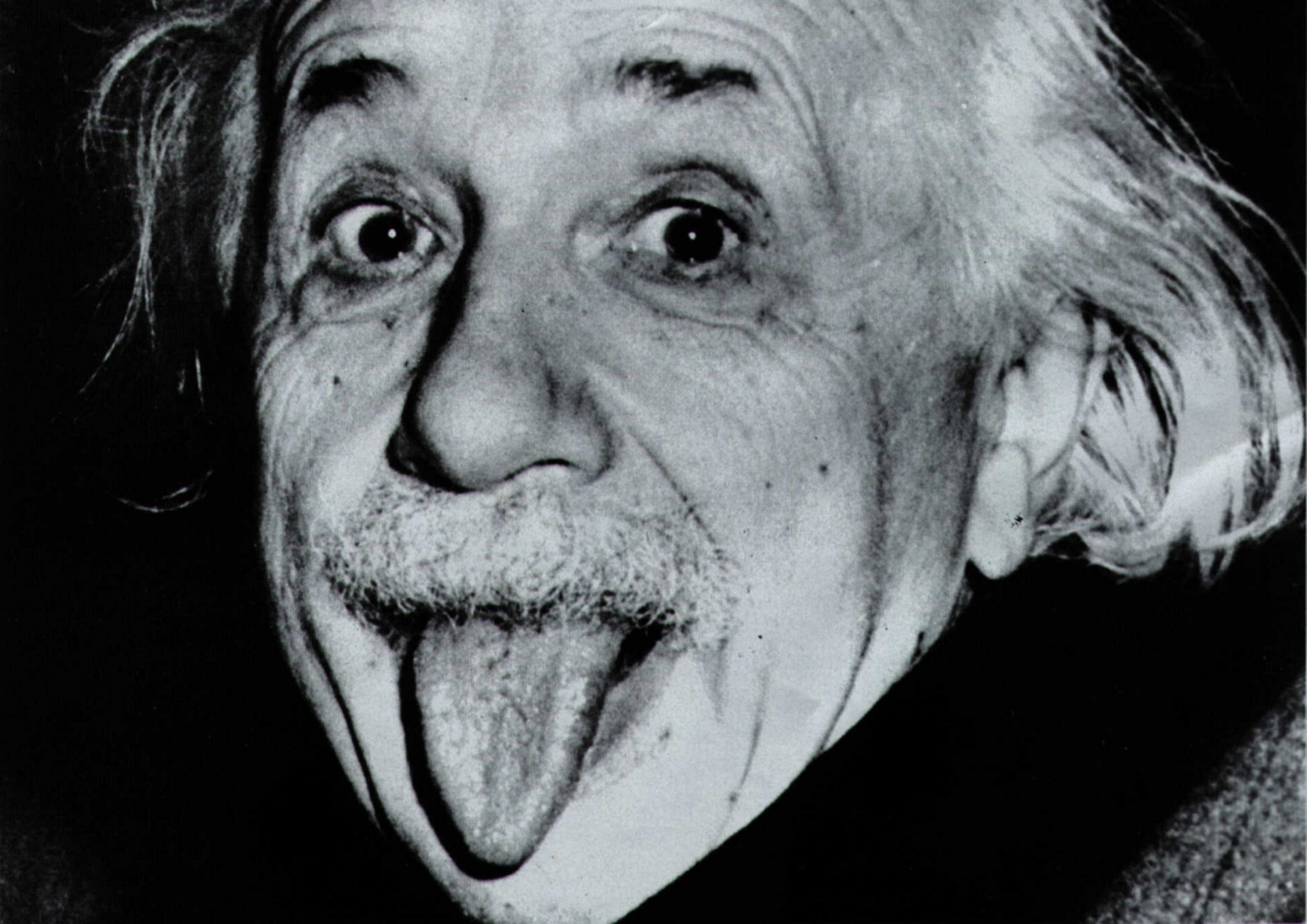Have you ever wondered about the fabric of reality itself, about how space and time really work? It's a big question, and for many people, one name comes to mind when these deep thoughts arise: albert einsteim. His ideas, quite honestly, reshaped how we understand the very foundations of the physical world around us. His thinking, you know, was so revolutionary that it still feels incredibly fresh today, even decades later.
This remarkable individual, albert einsteim, profoundly changed physics and ideas about space and time. He wasn't just a scientist; he was, in a way, a philosopher of the natural world, someone who saw connections others missed. Learning about his life, his groundbreaking theories, and his scientific impact truly gives you a new appreciation for human curiosity and brilliance.
Some might even say that albert einsteim, instead of being a relic of the past, may have been too far ahead of his time. His insights, you know, were so advanced that parts of his vision for a unified field theory still challenge thinkers today. This article will explore the life and monumental contributions of albert einsteim, looking at how his work continues to influence us.
Table of Contents
- Early Life and Background of albert einsteim
- Personal Details and Bio Data
- The Theory of Relativity: A New Framework
- Contributions to Quantum Mechanics and Beyond
- The Nobel Prize and Lasting Influence
- albert einsteim and the Philosophy of Science
- Frequently Asked Questions about albert einsteim
- Conclusion
Early Life and Background of albert einsteim
Born to a Jewish family in Germany, albert einsteim started his life in Munich. This early environment, you know, played a part in shaping the person he would become. His family, like many others, moved around a bit, and in 1894, he relocated to Aarau, a town in Switzerland. These formative years, with their shifts and new surroundings, arguably helped cultivate a mind that was always looking for fresh perspectives and different ways of seeing things.
His early education, it's fair to say, wasn't always straightforward. He often found traditional schooling a bit stifling, preferring to learn at his own pace and follow his own curiosity. This independent streak, in a way, was a hallmark of his entire career. He was someone who, you know, questioned everything and wasn't afraid to challenge established ideas, even when they seemed perfectly settled.
From a young age, albert einsteim showed a deep interest in the physical world. He was fascinated by how things worked, by the unseen forces that governed motion and light. This kind of inherent curiosity, you know, laid the groundwork for his later, incredibly significant discoveries. He was, in some respects, a born explorer of ideas, always pushing the boundaries of what was known.
Personal Details and Bio Data
| Full Name | Albert Einstein |
| Born | March 14, 1879 |
| Birthplace | Ulm, Kingdom of Württemberg, German Empire |
| Died | April 18, 1955 |
| Nationality | German (later Swiss, American) |
| Known For | Theory of Relativity, Photoelectric Effect, Mass-Energy Equivalence (E=mc²) |
| Awards | Nobel Prize in Physics (1921) |
The Theory of Relativity: A New Framework
When people talk about albert einsteim, the theory of relativity often comes up first. This theory, actually, is one of the two pillars of modern physics, standing right alongside quantum mechanics. It completely changed how we thought about space, time, gravity, and the universe as a whole. Before albert einsteim, these concepts were seen as fixed and separate, but he showed us they were deeply interconnected and, you know, could even be relative to an observer.
The special theory of relativity, introduced in 1905, showed that space and time are not absolute. Instead, they warp and bend depending on an observer's motion. This idea, you know, led to the famous equation E=mc², which basically tells us that mass and energy are two sides of the same coin. It's a pretty mind-blowing concept, honestly, and it has had far-reaching implications, even for things like nuclear energy.
Later, albert einsteim expanded on this with the general theory of relativity, published in 1915. This theory, in a way, redefined gravity not as a force, but as a curvature of spacetime caused by mass and energy. It's a bit like imagining a heavy ball placed on a stretched rubber sheet; the ball creates a dip, and other smaller objects roll towards it. This model, you know, explained things like the orbit of Mercury and even predicted the existence of black holes, which were later confirmed. Learn more about physics on our site.
The development of the theory of relativity was a huge leap forward, showing a depth of insight that was, quite frankly, unmatched. It provided a completely new way to look at the universe, offering predictions that were later confirmed by observation. This work, you know, solidified albert einsteim's place as one of the most important scientific minds in history.
Contributions to Quantum Mechanics and Beyond
While the theory of relativity is what albert einsteim is best known by, he also made important contributions to quantum mechanics. This other pillar of modern physics deals with the very small, with particles and their strange behaviors. His work on the photoelectric effect, for instance, helped establish the idea that light can behave as both a wave and a particle, a concept called wave-particle duality. This was, you know, a pretty big deal at the time.
He worked on theoretical physics, always trying to understand the underlying principles of the universe. Even though he later had some disagreements with aspects of quantum mechanics, particularly its probabilistic nature, his early work was absolutely foundational. He was, in a way, grappling with some of the deepest mysteries of existence, even when the answers seemed elusive.
One challenge that occupied albert einsteim for many years was the quest for a unified field theory. He wanted to find a single, overarching theory that could describe all the fundamental forces of nature, like gravity and electromagnetism. The strong force, a major piece of any unified field theory, was still a total mystery during much of his life. This pursuit, you know, showed his deep desire for simplicity and elegance in the laws of the universe, even if he didn't quite achieve it in his lifetime.
The Nobel Prize and Lasting Influence
albert einsteim won the Nobel Prize in Physics in 1921. It's interesting to note that he received the prize not for his theory of relativity, but for his explanation of the photoelectric effect. This shows, you know, the breadth of his contributions and how many different areas of physics he touched. The photoelectric effect, in a way, paved the path for understanding how light interacts with matter at the quantum level, which has applications in things like solar panels and digital cameras.
His scientific impact is, frankly, immeasurable. The following outline is provided as an overview of and topical guide to albert einsteim, reflecting the wide scope of his influence. His ideas changed not only how physicists think, but also how the general public views the universe and our place within it. He made complex ideas, you know, accessible in a way that few others could.
Beyond his direct scientific work, albert einsteim was also a prominent public figure, speaking out on issues of peace, human rights, and social justice. He used his fame, in a way, to advocate for a better world. His legacy, you know, extends far beyond the equations and theories; it includes his commitment to humanity and his unwavering belief in the power of reason.
albert einsteim and the Philosophy of Science
albert einsteim's work is also known for its influence on the philosophy of science. He didn't just discover new facts; he made us think about what science is, how we gain knowledge, and the very nature of reality. His theories, you know, challenged long-held assumptions about space, time, and causality, forcing philosophers to reconsider their frameworks.
He often spoke about the importance of imagination and intuition in scientific discovery, saying that "imagination is more important than knowledge." This perspective, in a way, highlights that science isn't just about collecting data; it's also about creating new ways to understand that data, new conceptual frameworks. His approach to thinking, you know, was deeply philosophical, always seeking the most elegant and simple explanations for complex phenomena.
His quest for a unified field theory, for example, was driven by a philosophical conviction that the universe must be governed by a single, beautiful set of laws. This belief, you know, guided much of his later research, even if he didn't achieve his ultimate goal. He was, in some respects, a true seeker of ultimate truths, using the language of mathematics and physics to explore them.
The way albert einsteim approached problems, his insistence on fundamental principles, and his willingness to challenge dogma have left an indelible mark on how science is conducted and understood. He showed us, quite frankly, that the most profound insights often come from questioning what everyone else takes for granted. To learn more about the scientific method, you can explore our resources.
Frequently Asked Questions about albert einsteim
What was albert einsteim's most famous theory?
albert einsteim is perhaps most widely recognized for developing the theory of relativity. This groundbreaking work, you know, fundamentally changed our understanding of space, time, gravity, and the universe's structure. It's, arguably, his most significant contribution to physics, and it really captured the public imagination.
What did albert einsteim win the Nobel Prize for?
albert einsteim won the Nobel Prize in Physics in 1921, not for relativity, but for his explanation of the photoelectric effect. This work, you know, was crucial in establishing the concept of light quanta, or photons, which helped build the foundation for quantum mechanics. It was, in a way, a very practical and impactful discovery.
Where was albert einsteim born?
albert einsteim was born to a Jewish family in Germany, specifically in the city of Ulm. He then grew up in Munich. His early life, you know, saw him move around a bit, including a significant period in Aarau, Switzerland, before his later years in the United States.
Conclusion
albert einsteim was, quite simply, a titan of thought, a person whose ideas continue to resonate throughout science and culture. He developed the theory of relativity, one of the two pillars of modern physics (alongside quantum mechanics), and his contributions to theoretical physics and quantum mechanics were absolutely vital. His work, you know, truly changed how we perceive the world, from the smallest particles to the vastness of the cosmos.
His influence, honestly, goes beyond just physics. It touches the philosophy of science, showing us the importance of questioning, of imagination, and of seeking elegant truths. To explore more about the profound impact of scientific breakthroughs and how they shape our world, we encourage you to delve into other fascinating topics.



Detail Author:
- Name : Dr. Aida Ortiz
- Username : chester30
- Email : baron.stark@gmail.com
- Birthdate : 1998-01-20
- Address : 912 Jamar Junction Port Mallieshire, CA 33902
- Phone : 682.666.5575
- Company : Bosco PLC
- Job : Logging Worker
- Bio : Asperiores voluptatem ipsam dolores pariatur iure quo. Quos omnis magnam rerum dolores modi.
Socials
twitter:
- url : https://twitter.com/providenci826
- username : providenci826
- bio : Omnis sit dolore qui labore ut. Qui ipsa repellendus eum sed. Laudantium minus ipsum facilis occaecati labore rerum et. Voluptate amet placeat fugit.
- followers : 5287
- following : 1193
facebook:
- url : https://facebook.com/lednerp
- username : lednerp
- bio : Ratione et atque sequi quia voluptates quo est.
- followers : 3026
- following : 824
linkedin:
- url : https://linkedin.com/in/providenciledner
- username : providenciledner
- bio : Dolores rerum illum minus.
- followers : 6507
- following : 1982